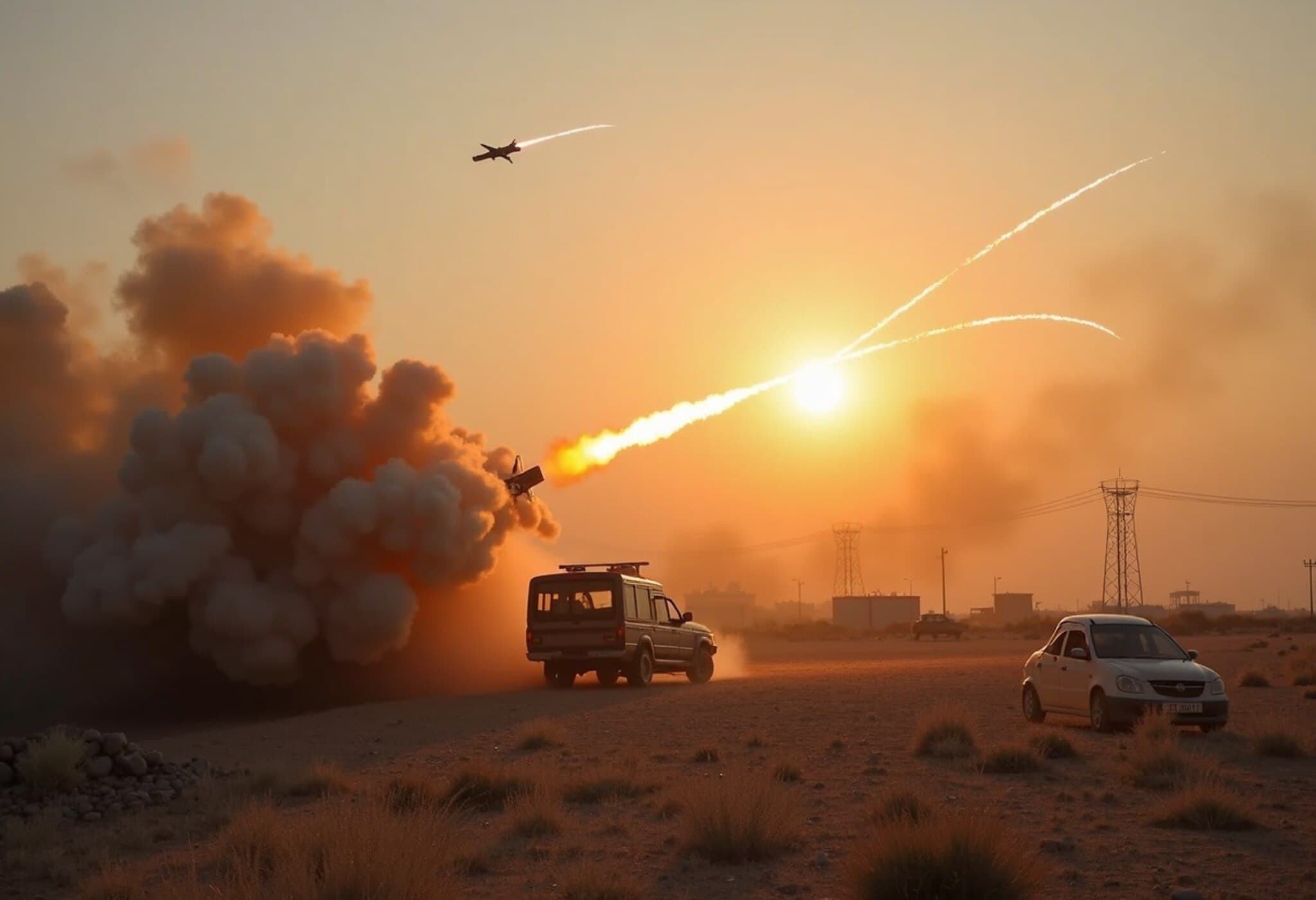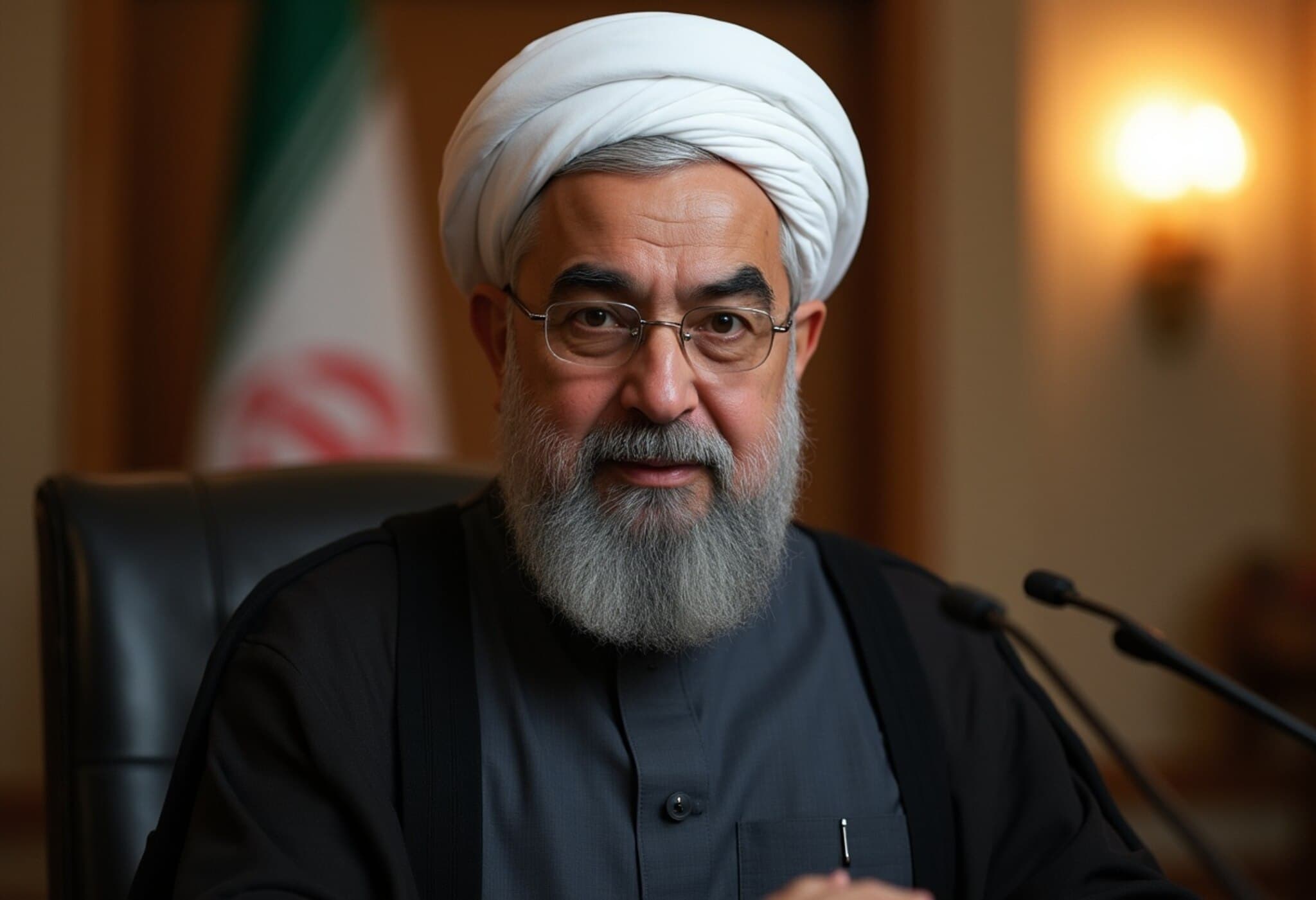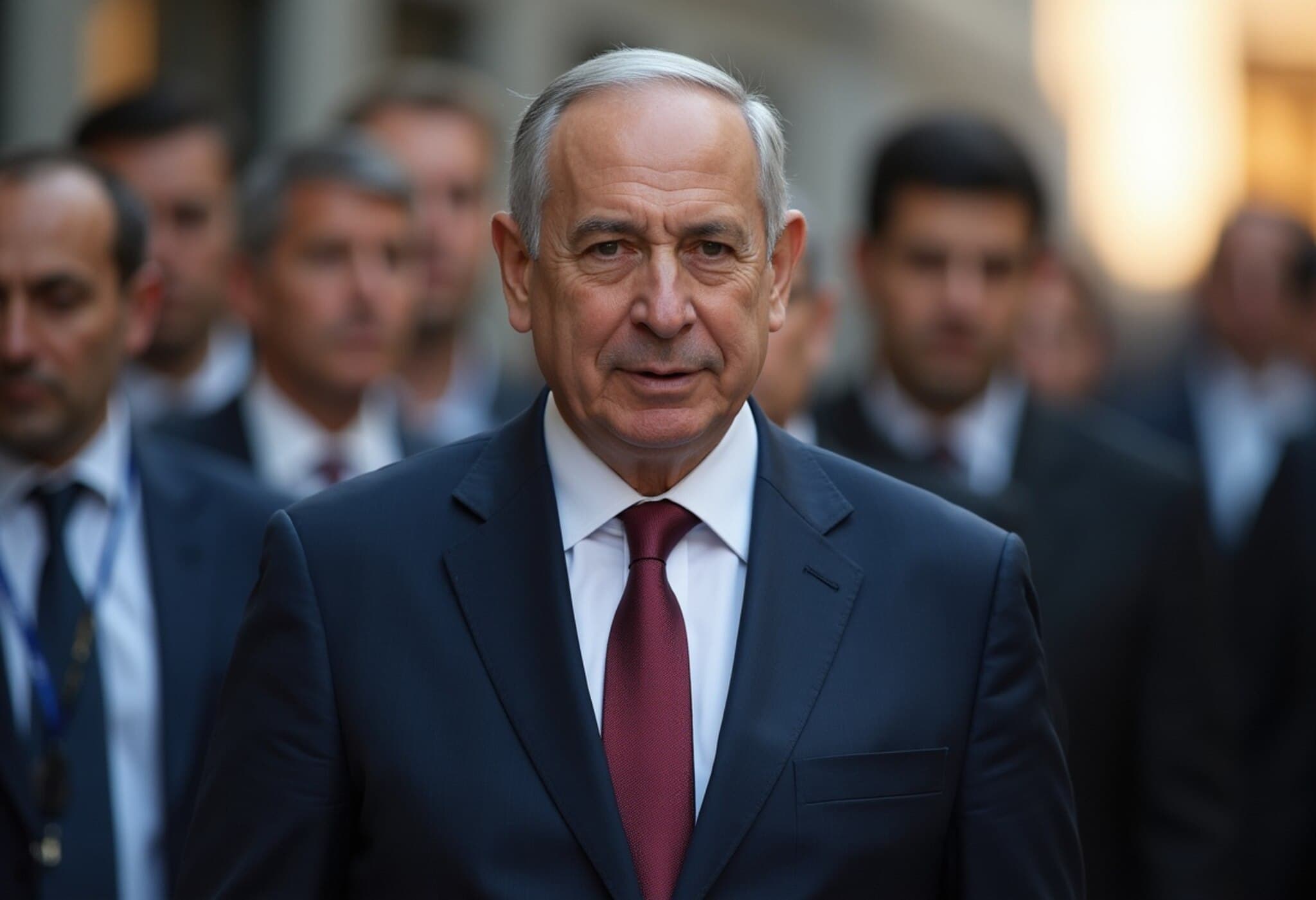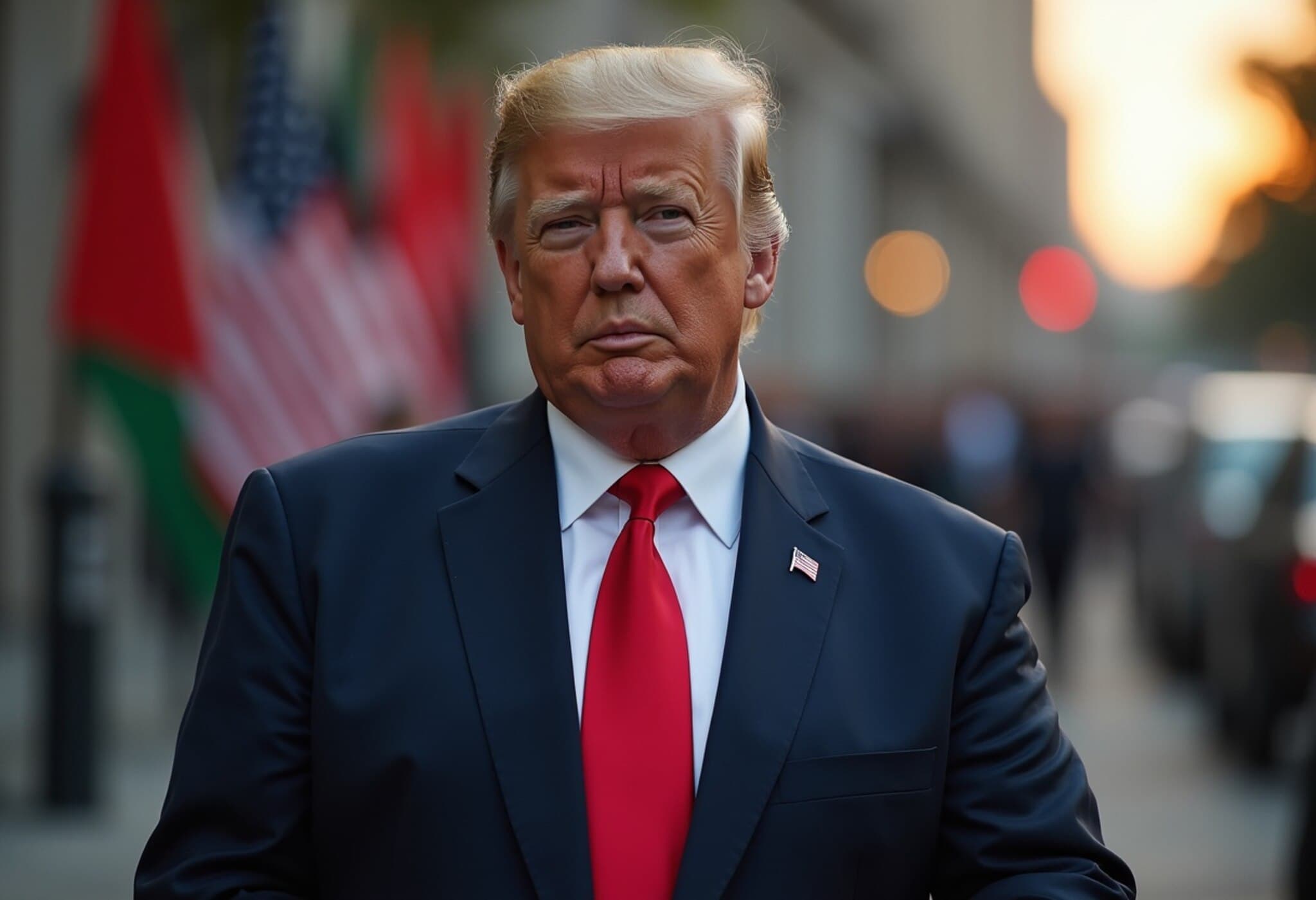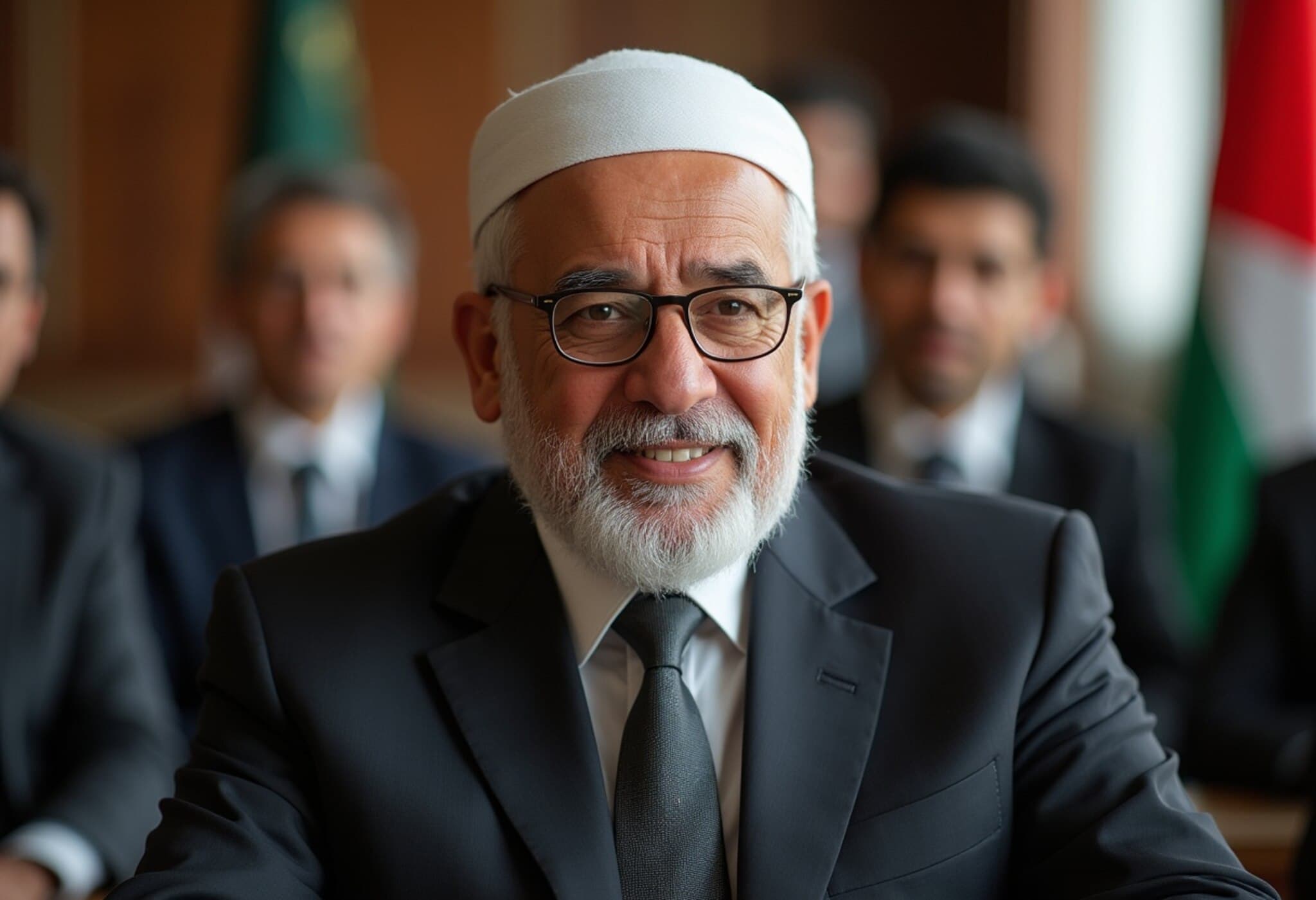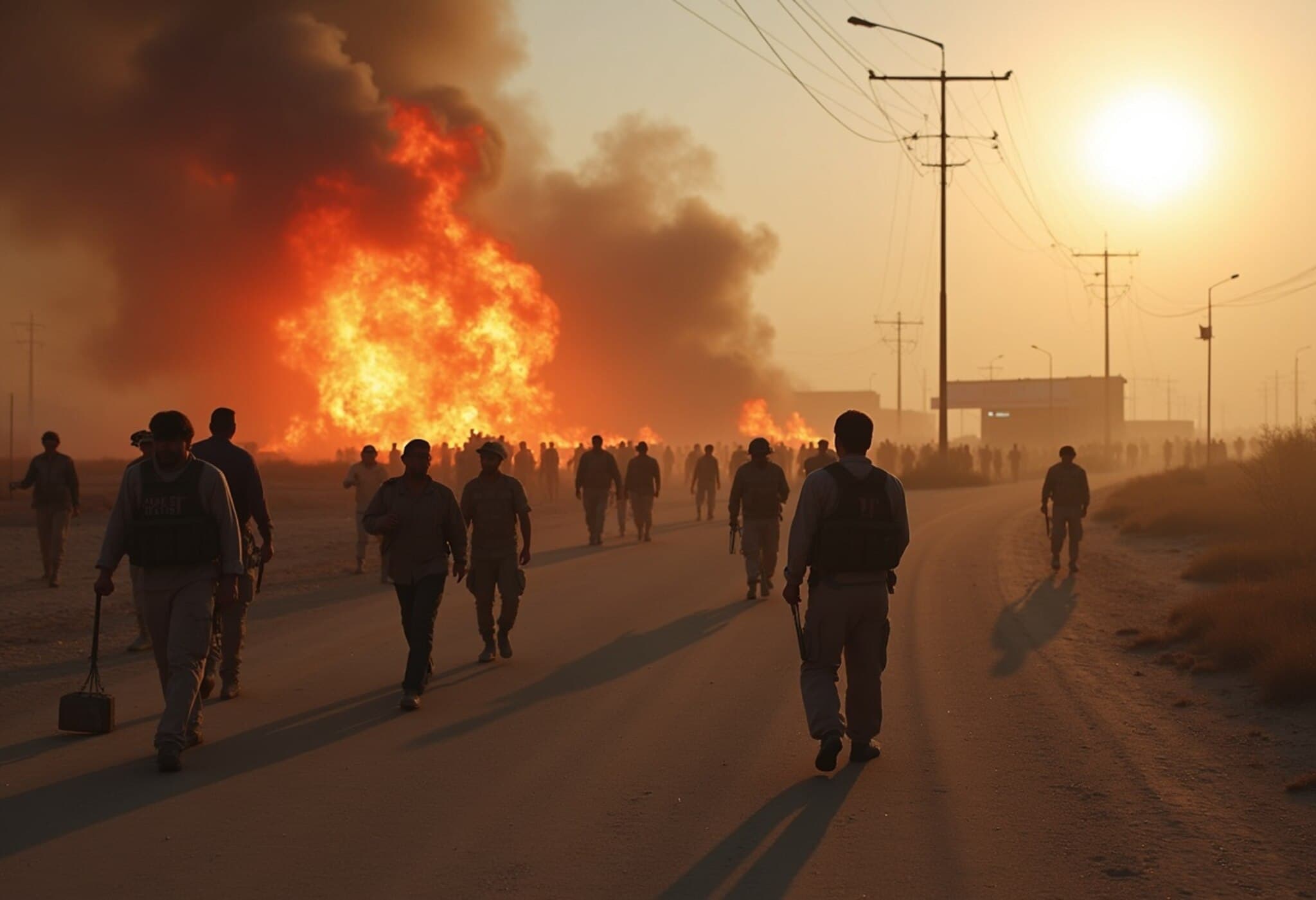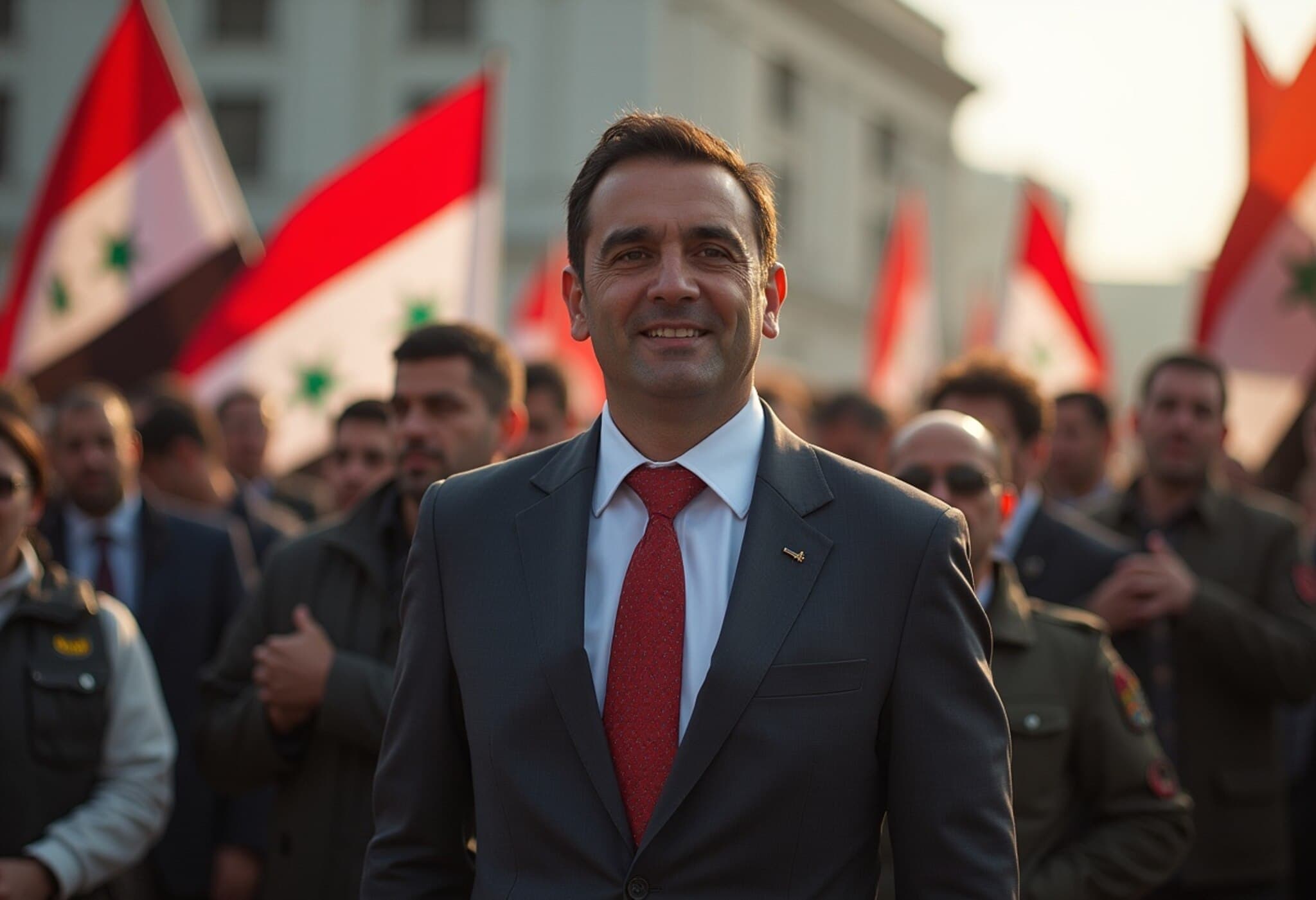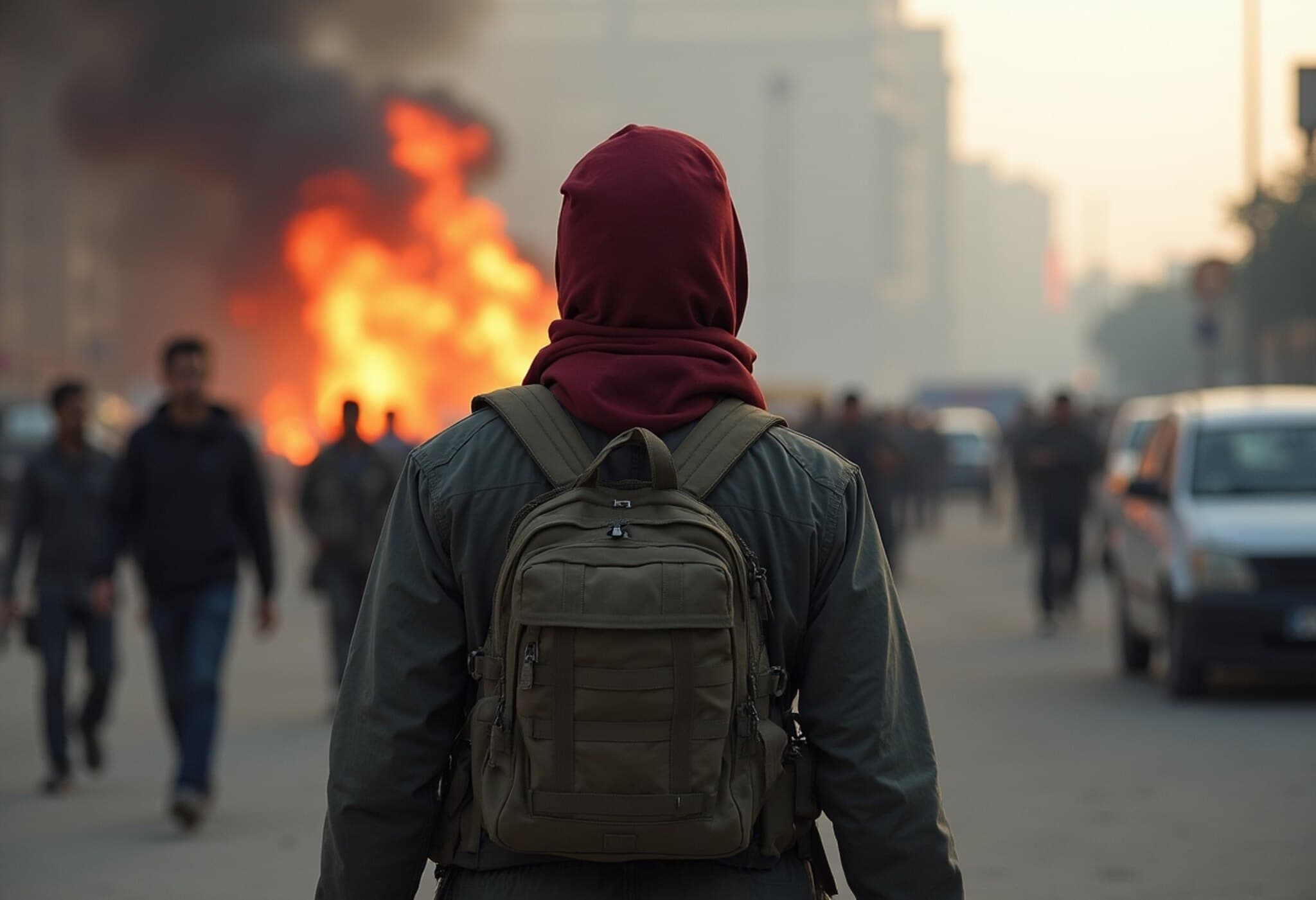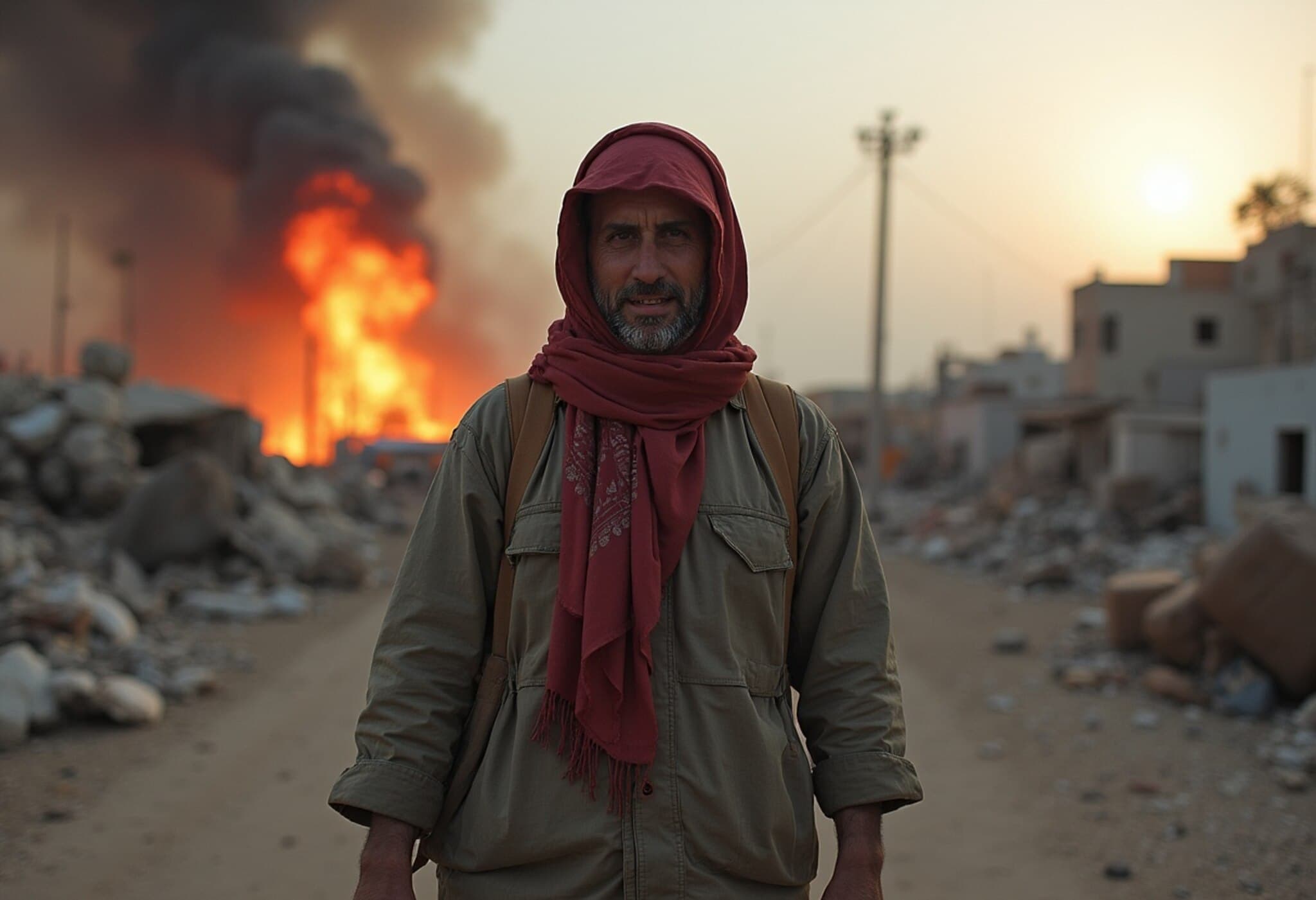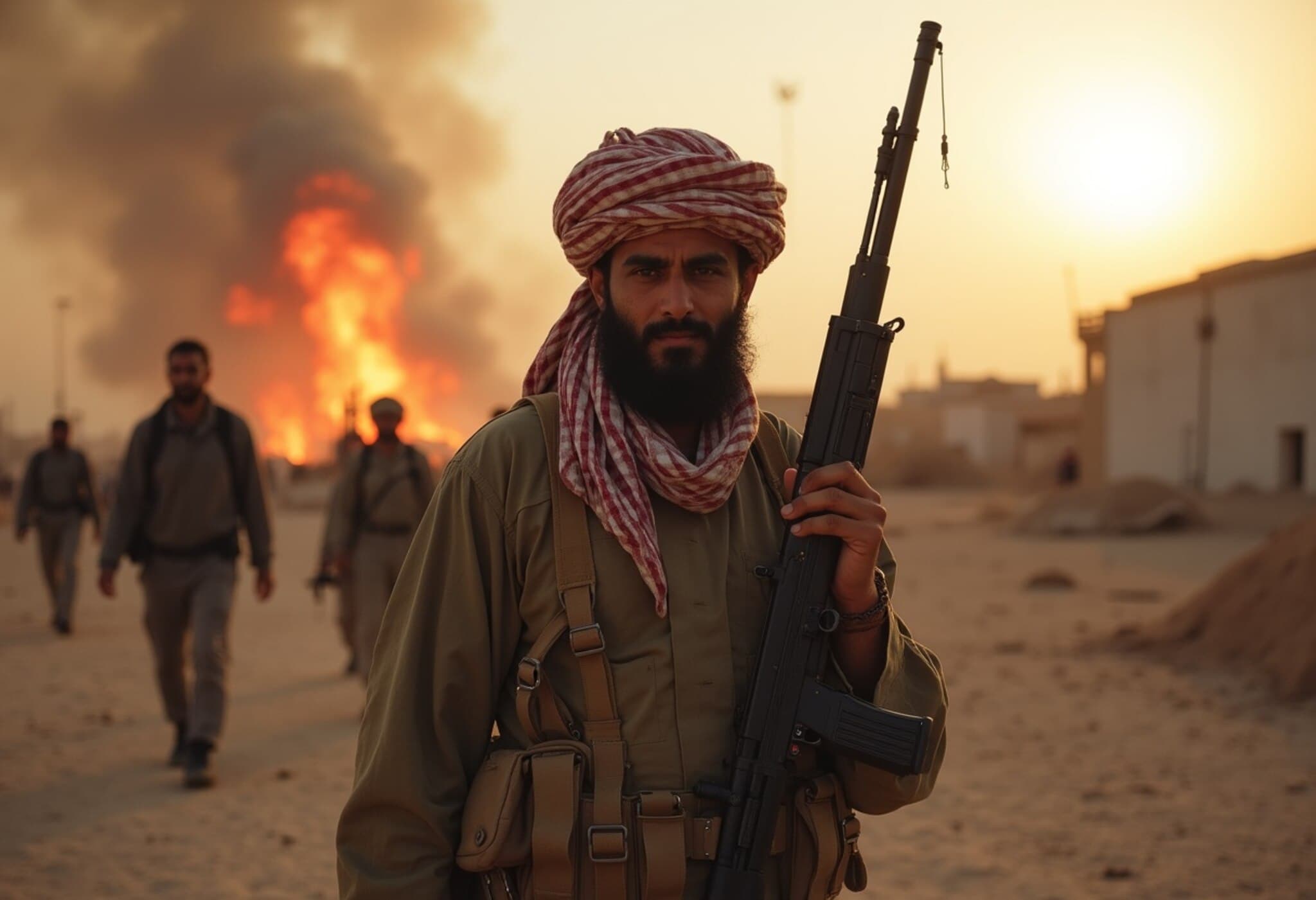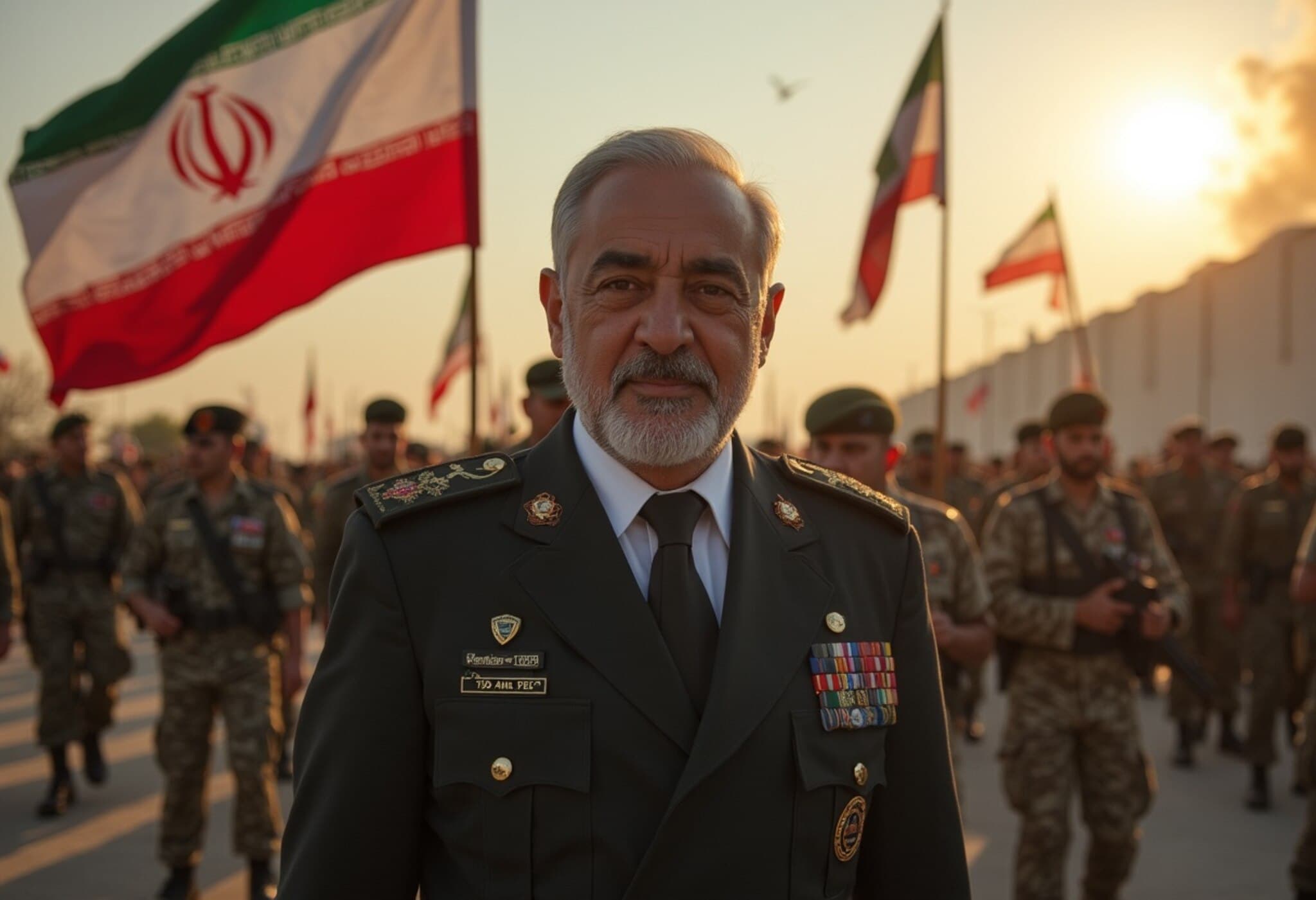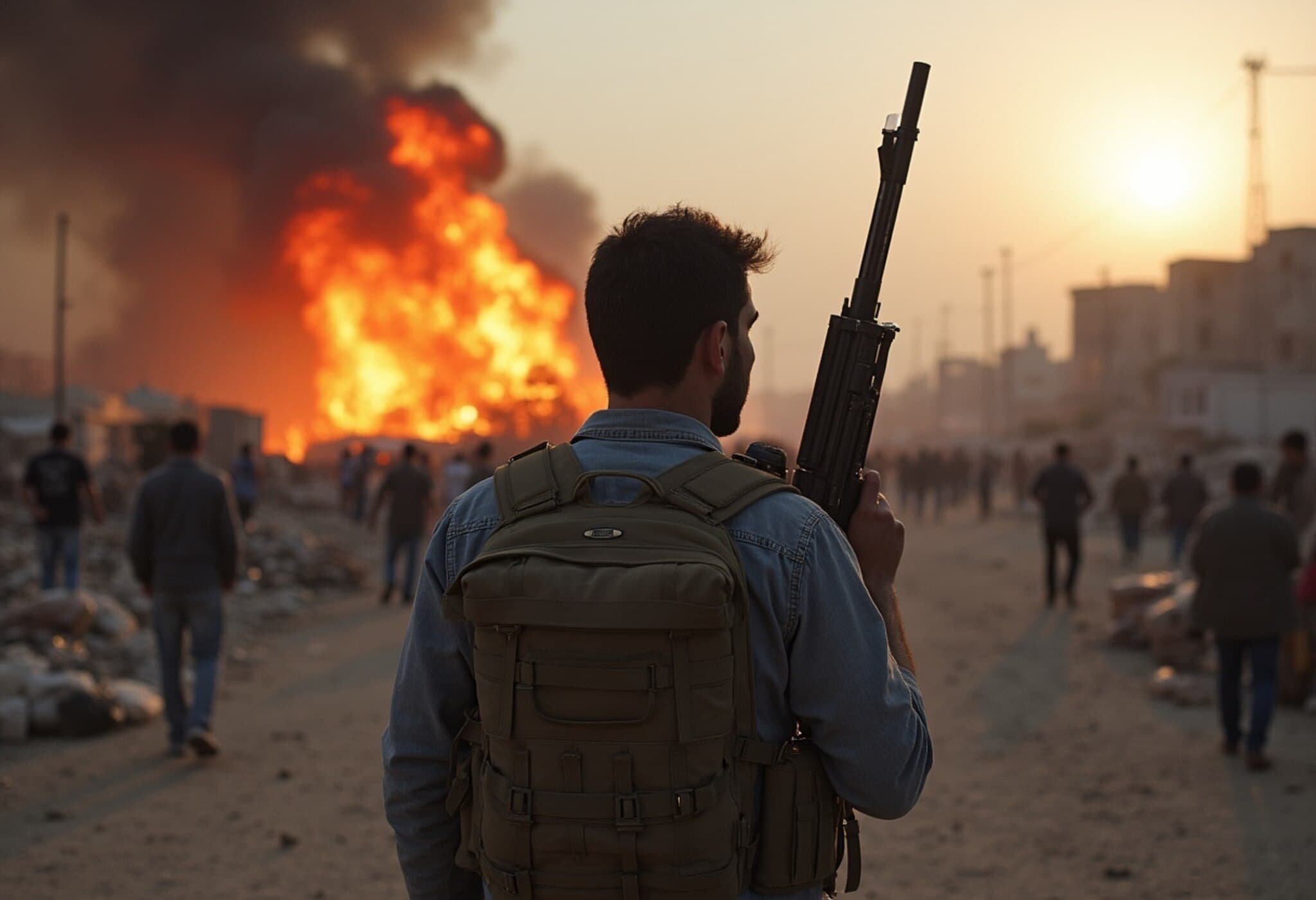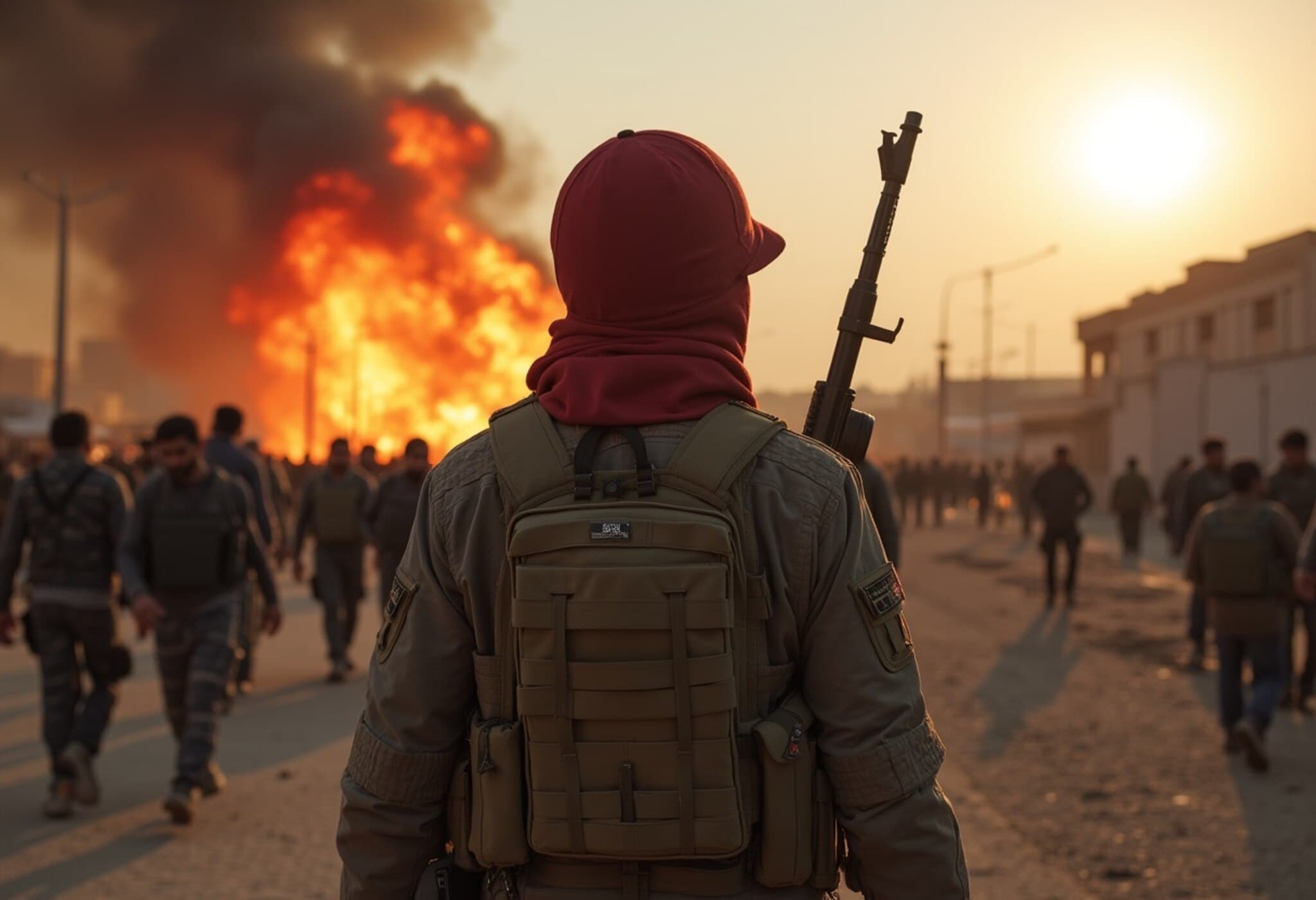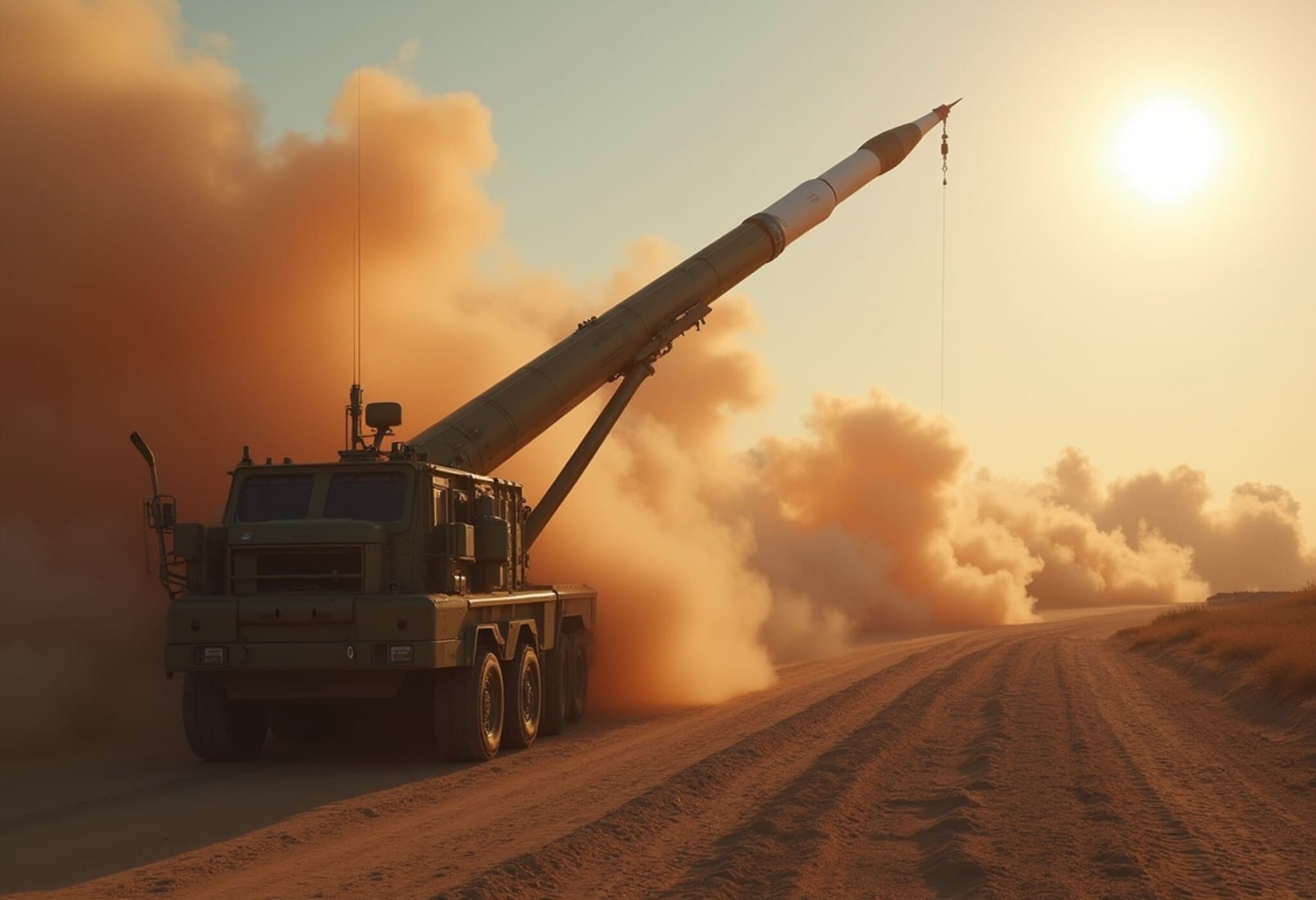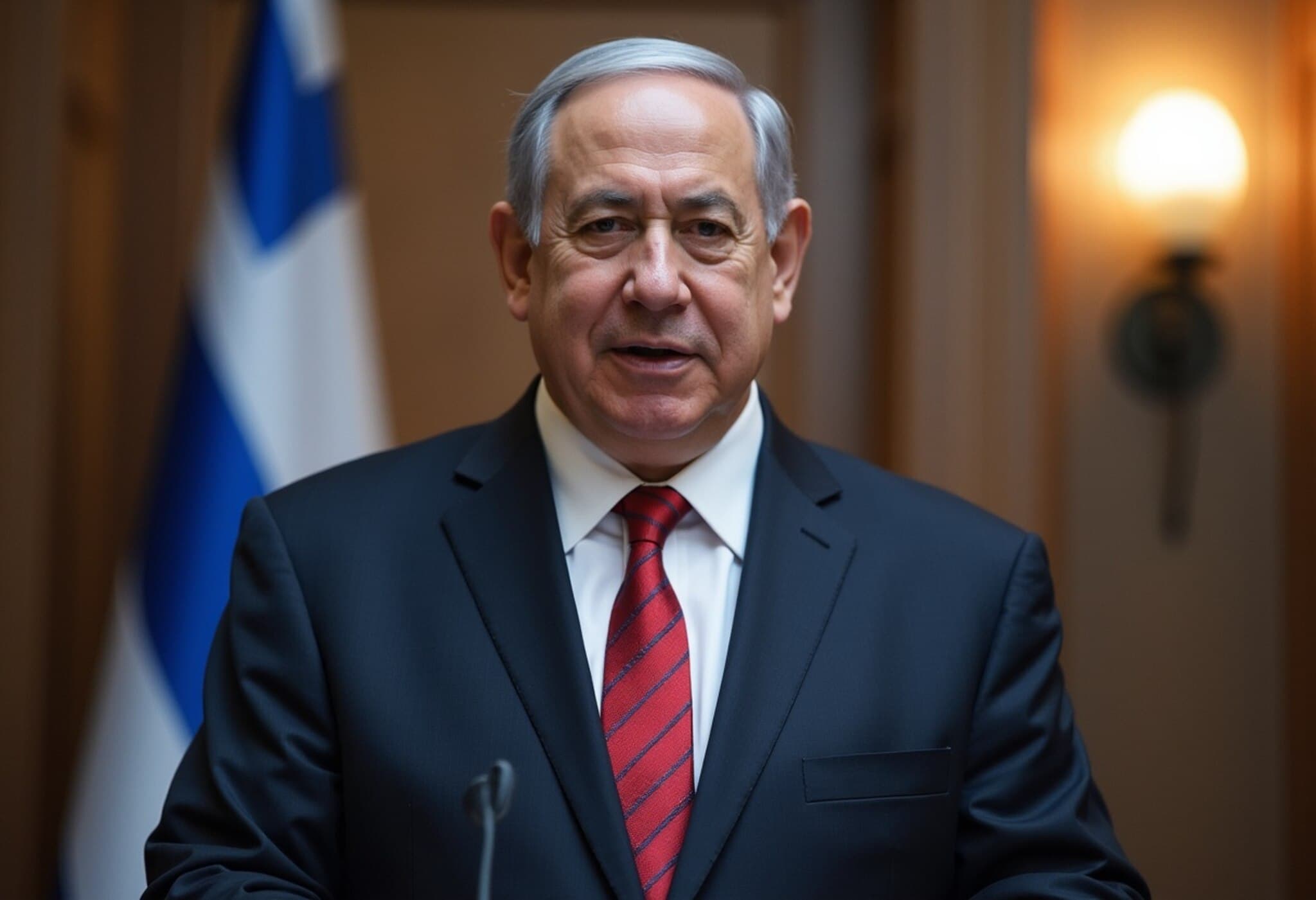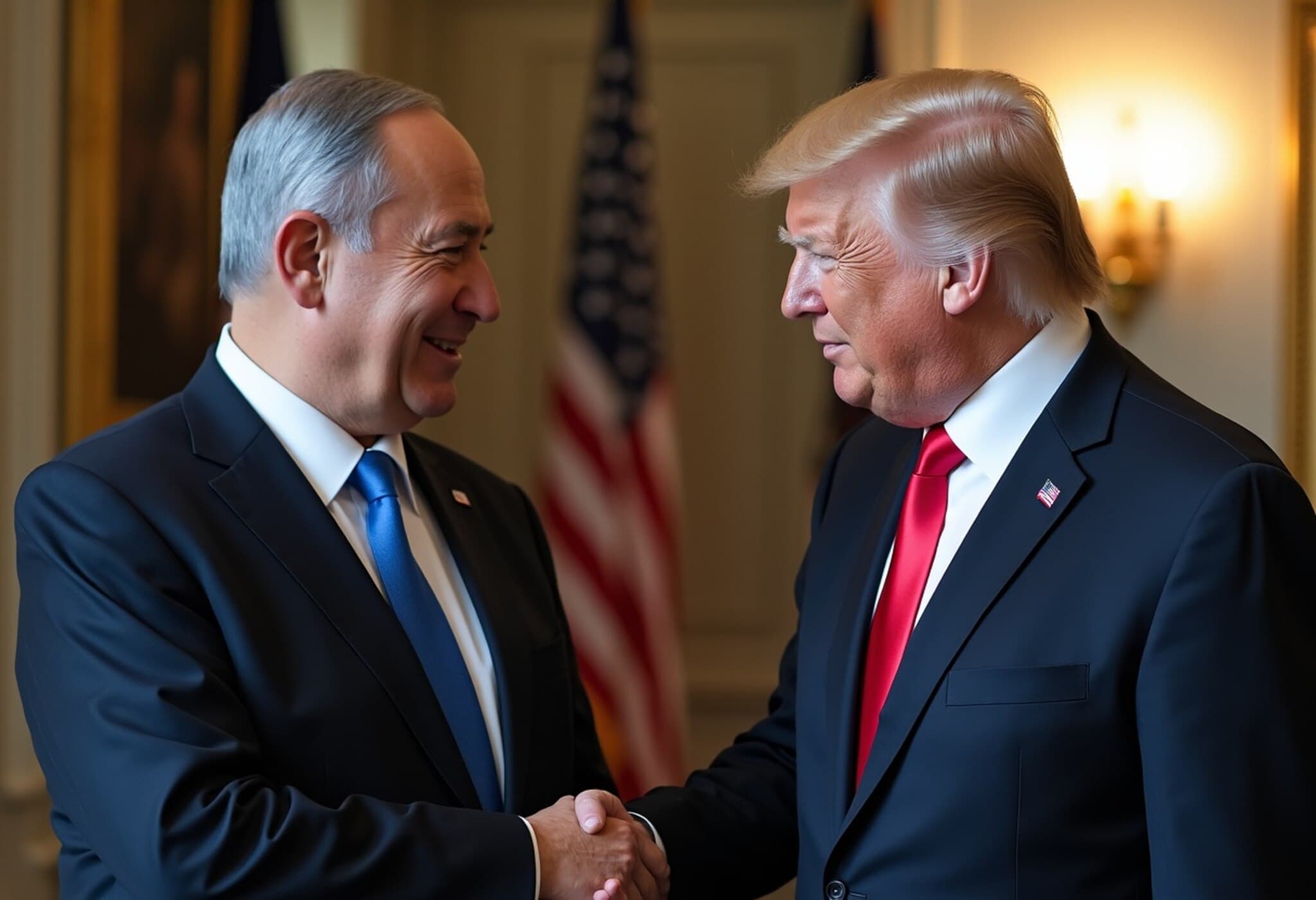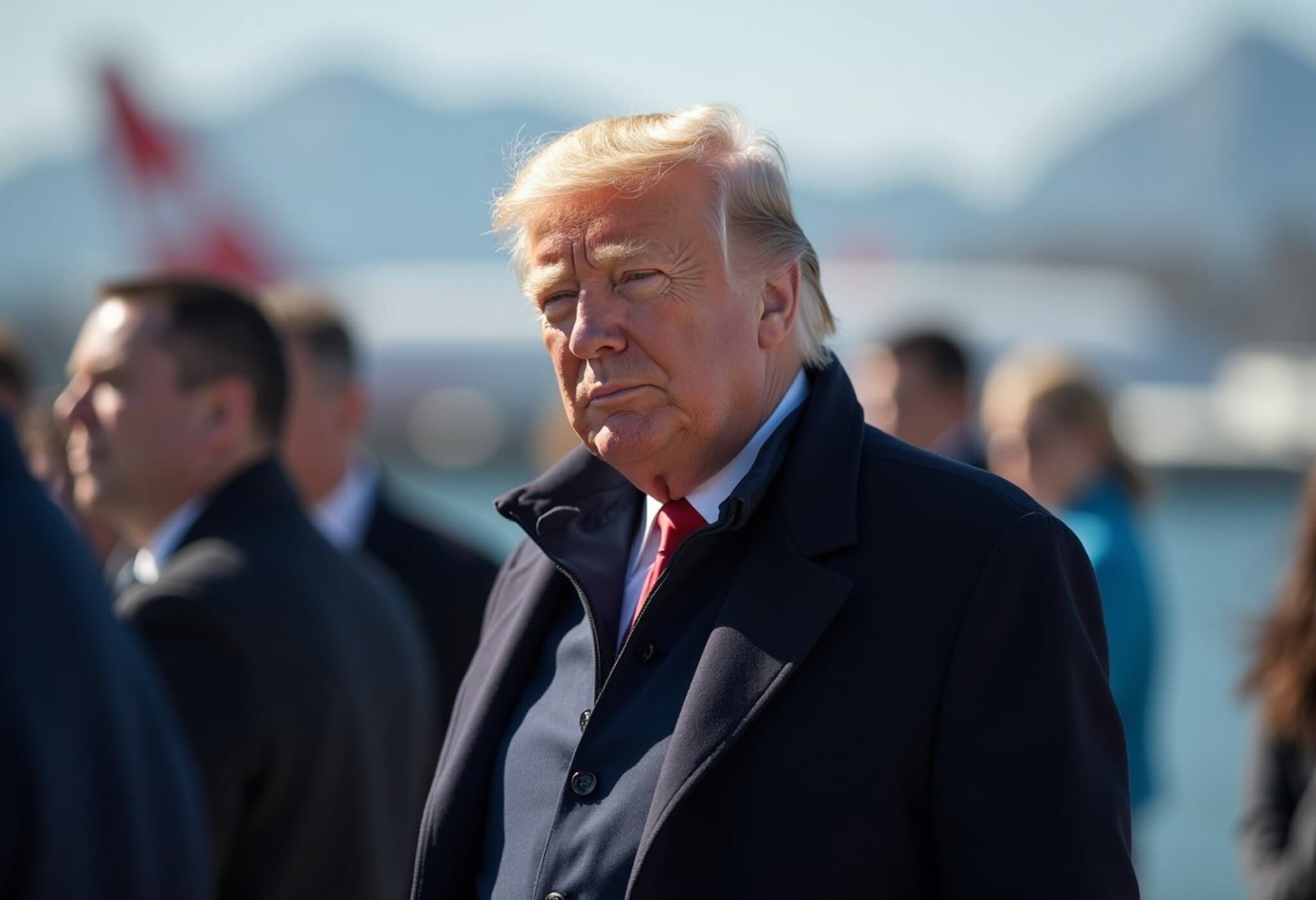Missiles and Drones Fill Israeli Skies Amid Multi-Front Assault
Israel finds itself engulfed in a fierce confrontation as it contends with simultaneous attacks orchestrated by Iran and its allied groups—the Palestinian Hamas faction in Gaza and the Yemen-based Houthis. Over the weekend, a fresh wave of missile and drone strikes dramatically escalated tensions across the region, heightening fears of a broader conflict in the Middle East.
Iran's Retaliatory Barrage and Israel’s Counterstrikes
Following a series of targeted Israeli strikes against Iranian military and nuclear sites, including the elimination of a high-ranking military commander in Iran, Tehran responded by launching an unprecedented missile offensive on Israeli territory. On Saturday, Israel executed precise attacks on Iran’s energy and defense infrastructure, notably igniting a fuel depot, prompting Iran’s swift missile retaliation.
Iran unleashed over 70 missiles toward Israel, some breaching air defense shields to impact key urban centers including Tel Aviv. The most intense missile barrage in years led to significant damage: a refinery in northern Israel was struck, resulting in the deaths of four people in a Palestinian-majority town near the Sea of Galilee. Additionally, an apartment high-rise in Bat Yam, south of Tel Aviv, was partly destroyed, deepening the crisis for Israeli civilians.
In a precautionary move, Tehran ordered the evacuation of residents close to military manufacturing sites, underscoring the growing stakes on both sides.
Hamas and Houthis Open New Fronts
As Israel grappled with Iranian missile attacks, Hamas reignited hostilities by launching projectiles from southern Gaza, triggering sirens that echoed across southern Israel. The Israel Defense Forces (IDF) emphasized that this intensification forms part of a broader multi-front war the nation is facing.
Parallelly, the Houthis—a group backed by Iran based in Yemen—declared a coordinated missile assault targeting central Israel’s port city of Jaffa. This announcement marks the first public declaration of joint offensive operations with Iran against Israel. Houthi military spokesperson Yehya Sarea praised the operation as a stand in solidarity with Palestinians and Iranians alike.
These assaults follow an Israeli night raid in Yemen that aimed to neutralize the Houthi military chief of staff, Muhammad Al-Ghamari. Israel’s Air Force reportedly flew over 2,000 kilometers to carry out this strike, signaling the far-reaching scope of current military actions.
Global Community Responds Amid Heightened Regional Tensions
The international community watches nervously as hostilities escalate. The United States has issued warnings to Iran against further provocations, especially striking US interests in the region, while expressing hope for a peaceful resolution. Meanwhile, diplomatic efforts are underway with international leaders convening in Canada to discuss pathways toward de-escalation and a ceasefire.
European powers and other global actors have urged immediate diplomatic engagement to prevent the conflict from spiraling into a wider regional war. The ongoing crisis has also stalled crucial nuclear negotiations between the US and Iran, further complicating the prospects for peace.
This confrontation represents the most direct and intense clash between Israel and Iran in decades, underscoring the precarious balance of power in West Asia. Israel insists its actions are preventive measures against Iran's nuclear ambitions, whereas Iran asserts its right to self-defense, threatening possible further escalation.
Key Points to Remember
- Israel faces simultaneous attacks from Iran-backed Hamas and Houthis.
- Over 70 missiles fired by Iran targeted Israeli cities, hitting critical infrastructure.
- Houthis coordinated missile strikes with Iran, targeting Israel’s central region.
- Significant civilian casualties and property damage reported amid the conflict.
- Global diplomatic efforts intensify to prevent broader regional war.
The unfolding conflict highlights the volatility of the region and the urgent need for dialogue to prevent further devastation.

